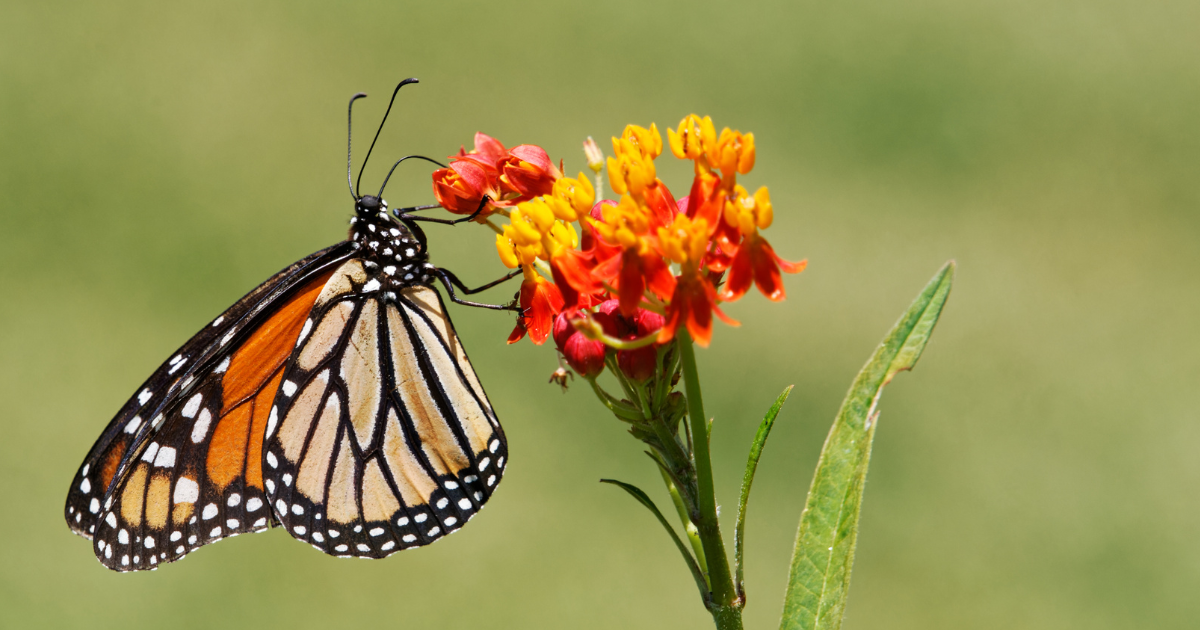Audubon Center for Native Plants initiative is deeply rooted in the history of Audubon Society of Western Pennsylvania
Rewind nearly 40 years to 1985. I-279 in Pittsburgh was being expanded northward, with a long-awaited “Parkway North” connecting the north shore to the North Hills. In its path, several pockets of diverse hillsides and valleys containing populations of native plants such as Large-flowered Trillium, Trout Lily, Dutchman’s Breeches and Round-lobed Hepatica. ASWP volunteers leaped into action, rescuing as many plants as possible and transplanting them to Beechwood Farms Nature Reserve.
Within the following years, volunteers monitored, cared for, and began collecting seed from the rescued ambassadors. They soon began propagating plants from the seeds they collected, making them available for purchase at the nature reserve. Plants were also soon made available to schools. Plant sales became popular and the demand for native plants was becoming obvious. ASWP was beginning to reach more people than ever, educating about the importance of using native plants in the landscape. The number of plants and diversity of species quickly outgrew the small space they were allotted. It was time to take a major step toward the conservation and education of these important plants.
In May 2000, ASWP celebrated the grand opening of its Audubon Center for Native Plants (ACNP). The 1,200 square foot facility provided dedicated space for the propagation of and education about native plants. Featuring green building elements such as straw-bale insulation, radiant floor heating and full-spectrum glass skylights, the building included a greenhouse, an office, a resource library and a large, open multi-purpose room. The area in front of the facility was converted to display gardens, while 40,000 square feet of space behind the facility was developed as outdoor nursery space.
ACNP benefitted greatly from volunteer involvement. In the years following the opening of the facility, an annual average of 2,500 volunteer hours was contributed. Under the direction of ASWP staff, volunteers collected seeds, divided plants, propagated and cared for a growing number of plants. By 2020, the ACNP was capable of propagating 200 species of native plants (plants originally found in the Appalachian plateau prior to European settlement).
In recent years, plants have been made available to Certified Backyard Habitats, state park projects, forest service projects, restoration efforts, storm water remediation projects, municipal gardens, master gardener projects, garden club projects, as well as multiple projects on ASWP properties. ASWP’s native plants are available for sale from May through October at Beechwood Farms Nature Reserve at the Native Plant Nursery in Betsy’s Garden Shoppe, located right outside of Audubon Nature Store.













